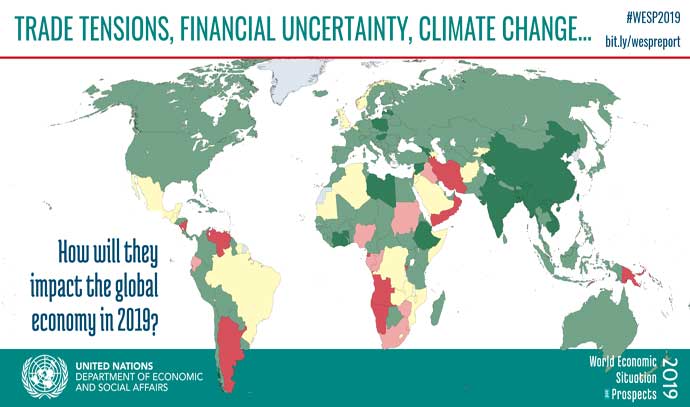India is too complex when it comes to international investment. Currently it is the 18th most complex country for multinationals to do business in globally, and the seventh most complex in Asia, according to a new report by professional services firm TMF Group. The findings are particularly significant as the report also reveal that India is one of the countries most focused on attracting international investment.
The Global Business Complexity Index analyses key areas of business administration and compliance across 77 jurisdictions – from the time it takes to incorporate, to changes in tax legislation, to policies around wages and benefits, through to the challenges of opening a bank account. In all over 250 different criteria are factored into this year’s rankings.
It found that in Asia, only Indonesia, China, Malaysia, Turkey, Taiwan and Korea represented a larger challenge for multinational firms looking to establish and operate local businesses.
One of the reasons highlighted as a factor in India’s complexity ranking is that it does not align with some of the key international standards for legislation and practices – a verdict that was true of just 18% of jurisdictions. For example, it is one of 16% of jurisdictions that does not comply with the International Financial Reporting Standards, a common set of rules and regulations around financial statements that are readily understandable to businesses operating globally.
Likewise, the report concluded that in India, tradition is often valued over more modern practices, adding a localised barrier that international businesses need to navigate. For example, official legal entity documents require an official stamp, chop or seal to be legally effective – India being one of 43% of jurisdictions where this is required.
But, it is clear that India is on a mission to address some of those challenges. The analysis shows it is among the countries seen as ‘forward looking’ (57%) and among the jurisdictions (23%) making the most ‘concerted effort’ in terms attracting foreign direct investment.
Likewise, incorporation is relatively simple, with businesses only needing to through one body to do so, as opposed to three in Japan, Korea and Singapore, and over seven in Indonesia. It is also seen as one of the jurisdictions driving the trend away from requiring all companies to have their accounts audited – a change which particularly benefits smaller firms.
Shagun Kumar, TMF Group’s Managing Director for India, said: “India offers a wealth of opportunities for international businesses, and there is clearly an appetite to attract more investment into the country.
“In recent years we have seen large and small reforms in areas such as corporate taxation as well as tweaks to economic and labour laws, as part of that drive to make India a more attractive place to do business. While these were well-meaning and have certainly moved the country forward, the result has been an avalanche of changes that firms have had to tackle. Once these are bedded in, just like the Goods and Service tax changes, we can expect the country’s business complexity to diminish.”
Not everything about India’s business environment was deemed negative. The country has recently moved away from requiring individuals to submit cumbersome documents to avail personal tax deductions and instead offers a lower tax rate without any deductions – a change which benefits a large volume of professionals.
Beyond India’s borders, Indonesia is ranked as the most complex place to do business worldwide. Six of the ten most complex jurisdictions are in South America, with Brazil, Argentina and Bolivia ranked 2nd, 3rd and 4th. Greece, which occupied top spot last year, has made some improvements, and is now ranked 5th most complex this year.
On the other end of the scale, the ten least complex jurisdictions to set up or operate in are those found in the Western hemisphere, with Curacao leading the way, followed by the United States of America, Jamaica, Denmark and the British Virgin Islands.
To download a complimentary copy of the GBCI 2020 report, please click here.
Similar Posts by The Author:
- The Untold story of the ANZAC-India friendship
- VHP Australia brings Hindus together to work toward ‘growing and thriving Australia’
- Australia Post – new performance standards from 15 April
- Premier’s department fighting the release of SECRET hotel quarantine documents
- Vic Gov funds 13 programs that help international Students

